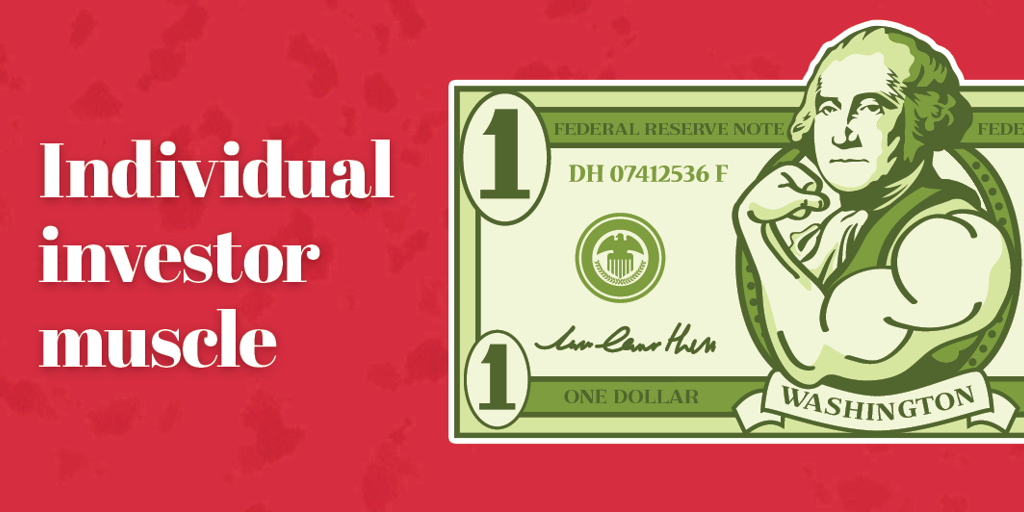


Individual investor muscle
As January closed there was some very unusual excitement in the stock markets. The price of shares of videogame reseller GameStop, which had languished for years near $5, suddenly began to rocket skyward, to $40, then $60, then $120, eventually cresting at well over $400 per share before coming back down to earth. This despite an absence of profitability.
Several factors were behind the rollercoaster ride. First, large hedge funds had sold Game Stop share short, with short interest reaching 140 percent of the available shares of the company. The funds were betting on the company’s insolvency. Next, GameStop announced that new board members were appointed to help lead the company into a promising e-commerce future. Finally, a large group of individual investors who participate on the Reddit internet forum WallStreetBets took an interest in GameStop. They began buying up shares of the company and then holding them, encouraging others to do the same.
That created a problem for the short sellers, as they had to make higher and higher bids for shares to cover their short positions. The risk taken in a short sale theoretically is infinite as share prices go up if holders refuse to sell. A “short squeeze” had developed, to the pleasure of the individual investors and pain of the hedge funds. Reportedly the short sellers have lost tens of billions of dollars this year. Meanwhile the younger participants at WallStreetBets have been boasting that they’ve been able to pay off college loans with their profits.

The biggest winners, according to the Financial Times, may have been those who make the markets in stocks. Trading volume has broken records. More than 93 billion shares changed hands over five trading sessions, including 24.4 billion on one day alone. Options trading was up 62 percent in January, compared to the year-earlier period.
One driver of the growth in individual investor activity is the emergence of firms that provide free trades, most prominently RobinHood. But this incident put a spotlight on why those trades can be free. RobinHood sells its order flow to certain market makers that will profit from the spread between the bid and ask price of the shares. The compensation for RobinHood is a percentage of that spread. RobinHood reported that in the fourth quarter it earned $221.4 million in this way. Put another way, one might say that RobinHood’s customers paid $221.4 million for their “free” accounts that quarter. There is no such thing as a free lunch. It is a truism in the internet age that when you get something for free it is because you are the product.
During one heated week RobinHood restricted their users’ ability to trade GameStop shares, while the hedge funds remained free to trade. The disparity in treatment has led to calls for an investigation, with the possibility of new regulation or legislation.
Will individual investors continue to band together to move stock prices in ways that are independent of financial fundamentals? Or was the GameStop situation a rare “black swan” in the stock market? 2021 is shaping up as an unusual year for investing.
© 2021 M.A. Co. All rights reserved.
Recent Articles
Join our e-newsletter
Sign up for our e-newsletter to get new content each month.






















